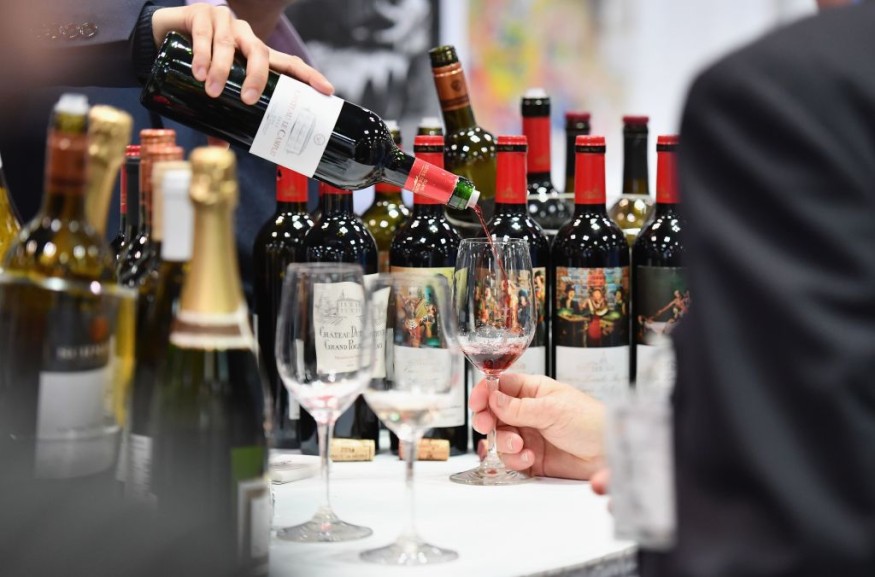Drinking our favorite beverage is enjoyable. Its rewarding after we clock out from a week-long shift, a celebration of life, or simply a good companion during our break. A tiring project could push us to grab our special drink, or a coincidental meeting of someone special may trigger us to pitch the best drink in town.
If you love wine, good news! A new study found that wines offer extra protection from COVID-19.
Wine Consumption Could Protect People From Coronavirus

Wines have been part of many cultures worldwide. Some may have used it for celebrations and rituals. Today, drinking wine usually means a celebration is at hand or a milestone had been achieved. In the food industry, wines are paired with exquisite menus. But you may have more reasons to enjoy your favorite drink even more.
According to a new study, wines are more than a drink, as experts found that it could protect people from viruses and other pandemic-related illnesses. According to a report by Express UK, that study specified that people who drink red or white wine have lower risks of catching COVID-19.
The study was made possible through the large data collected by the British health database called UK Biobank. When the health information during the pandemic was compared, the scientist noticed that wines have statistically reduced the probability of a person being infected with the coronavirus.
The examination presented that people who drank five or more glasses of red wine per week have 17 percent lesser chances of getting a coronavirus infection. The efficacy found on the beverage was due to the polyphenol content of standard wines available today.
The study noted that white wine and champagne also contain factors that may help people lower the possibility of being infected. Both of the beverages could lower the risk of COVID-19 infection by eight percent.
Meanwhile, they noticed that beer and cider have the opposite effect. Those who drink these two are 28 percent more likely to develop COVID-19.
However, the authors noted that even though wines can shield us against the coronavirus at a certain capacity, we should not drink too much of it. Excessive consumption of wines or hard drinks could lead to several health problems. The research does not also mean that people should cut the intake of other drinks such as cider and beer.
Polyphenols in Wine
Even though wines promote a potential to keep people safe from COVID-19, the experts emphasized that the beverage is not an alternative to vaccines. The authors still encourage people to get their doses as soon as possible.
Polyphenols in wine have antioxidant properties and heart-related benefits that could be relayed to low or moderate consumers. Alongside blood pressure regulation, polyphenols could also reduce blood sugar levels and lower the risk of cardiovascular problems such as chronic inflammation. Higher polyphenolic contents could also reduce cell adhesion and induce the capability of proteins that prevent cell death.
The concentration of phenolic compound, according to the research, is much higher in red wine than in white wine and cider. With that said, the protection against COVID-19 can be attributed to its polyphenolic content.
The study was published in the journal Frontiers in Nutrition, titled "COVID-19 Risk Appears to Vary Across Different Alcoholic Beverages."
RELATED ARTICLE : Crocodile Delicacy Regains Popularity in Thailand Amidst Price Hike of Pork; Is Eating Croc Meat Okay?
Check out more news and information on Food in Science Times.
© 2026 ScienceTimes.com All rights reserved. Do not reproduce without permission. The window to the world of Science Times.











